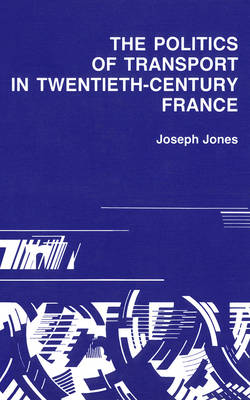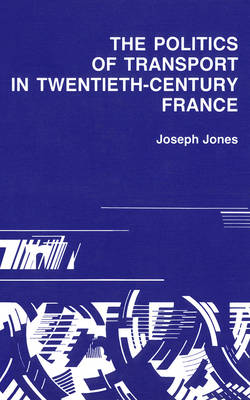
- Afhalen na 1 uur in een winkel met voorraad
- Gratis thuislevering in België vanaf € 30
- Ruim aanbod met 7 miljoen producten
- Afhalen na 1 uur in een winkel met voorraad
- Gratis thuislevering in België vanaf € 30
- Ruim aanbod met 7 miljoen producten
Zoeken
€ 177,45
+ 354 punten
Omschrijving
Joseph Jones's study focuses on the period since World War I. In these years the stability of the transport world was shaken by the effect of automobile competition upon the railways' near monopoly. A republican tradition based on fear of monopoloy and protection of local facilities had emerged in the era when rail was king. In the 1930s and 1940s transport policy became a tug of war between supporters of this tradition and those who felt that a new approach was needed to cope with competition, economic depression, and war. Legislative proposals led to heated discussion as railway companies, car manufacturers, truckers, oil companies, small business, local authorities, and trade unions fought to defend their interests. Dr Jones's study of these conflicts, based uopn extensive archival research, illustrates the tension between state planning economic liberalism wihch has been the central issue in economic policy in twentieth-century France.
Specificaties
Betrokkenen
- Auteur(s):
- Uitgeverij:
Inhoud
- Taal:
- Engels
Eigenschappen
- Productcode (EAN):
- 9780773504288
- Verschijningsdatum:
- 1/07/1984
- Uitvoering:
- Hardcover
- Formaat:
- Genaaid
- Afmetingen:
- 152 mm x 229 mm
- Gewicht:
- 594 g

Alleen bij Standaard Boekhandel
+ 354 punten op je klantenkaart van Standaard Boekhandel
Beoordelingen
We publiceren alleen reviews die voldoen aan de voorwaarden voor reviews. Bekijk onze voorwaarden voor reviews.








